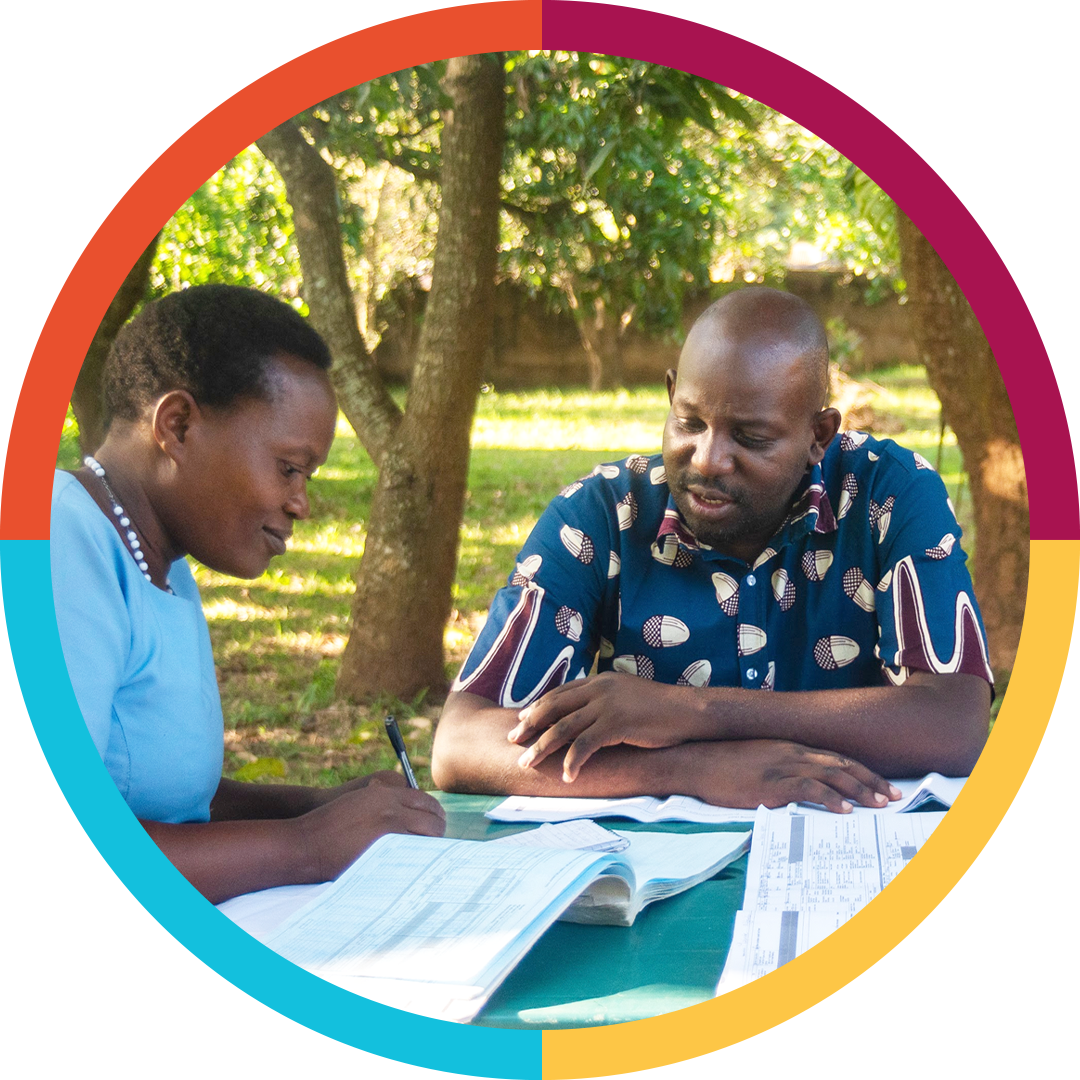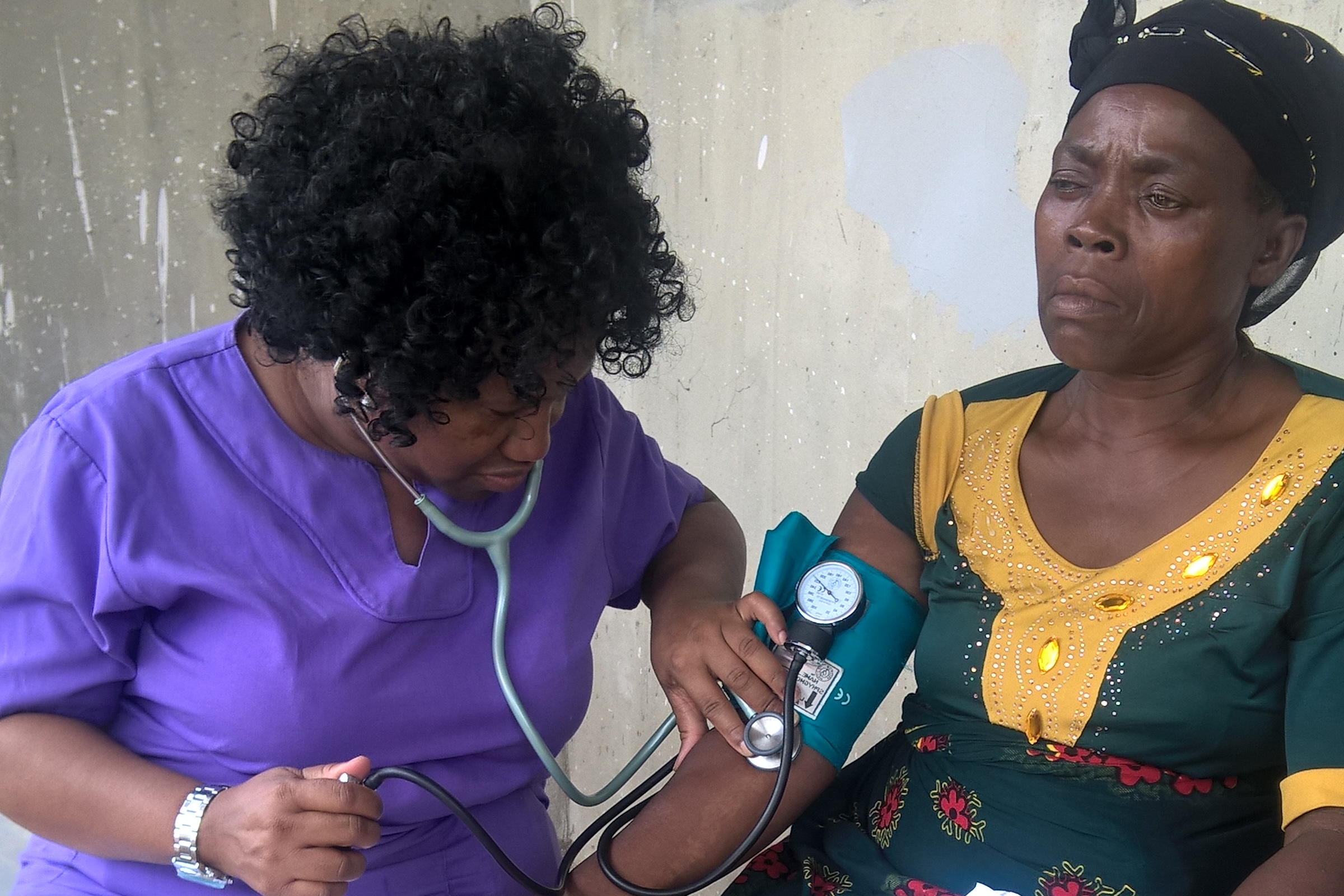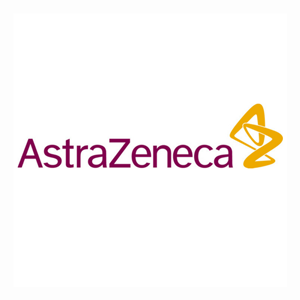As a medical doctor and public expert dedicated to advancing health equity in Africa, I’ve seen firsthand how heartbreaking it is when someone who feels healthy and full of energy is suddenly faced with a diagnosis of advanced chronic kidney disease (CKD) — often because CKD is diagnosed late.
CKD is one of the most overlooked yet devastating public health crises of our time. Affecting nearly 850 million people worldwide — roughly 11% of the global population — CKD is a silent epidemic, disproportionately impacting Africa, where the prevalence is estimated at 13.9%.
CKD usually develops silently, making routine screening essential. In many underserved regions, especially Africa, limited awareness and lack of screening and diagnostic tests mean most people are only diagnosed at advanced stages. This often results in the need for expensive treatments like dialysis and kidney transplants, services which are hard to access locally — leaving patients with few options and facing catastrophic health costs.
Healthy Heart Africa: Advancing kidney health equity
AstraZeneca’s Healthy Heart Africa (HHA) programme, launched in 2014 to address the growing burden of hypertension, expanded its focus in 2024 to include CKD screening and detection in Ghana and Uganda, with plans for broader reach across Africa and beyond.
Together we partner with ministries of health and other key stakeholders to support sustainable health systems for noncommunicable diseases (NCDs) focussing on hypertension and CKD across Africa.
Active in eight countries, HHA supports trainings, early screening, detection, and referral to care, empowering communities to confront the rising burden of NCDs in line with the advocacy priorities being discussed in the lead-up to the 4th United Nations High-Level meeting on NCDs and Mental Health (HLM4) on 25 September.
Why early screening matters
Across Africa, many people miss the early warning signs of CKD due to limited access to routine screening. Early detection with simple blood and urine tests — especially amongst high-risk individuals — enables effective management and can dramatically slow CKD’s progression, reducing the need for costly interventions.
Hypertension is the main cause of CKD in sub-Saharan Africa. High blood pressure can cause blood vessels to narrow, which may damage them, including the blood vessels that supply the kidneys.
With over 70 million hypertension screenings since 2014 and 150,000 CKD screenings in just one year, HHA is committed to driving partnerships to drive health system resilience for CKD. In addition, we support care through guideline development to lessen the strain on Africa’s health systems by making early intervention a priority. Investing in earlier detection delivers better patient outcomes and saves health systems from the immense costs of late-stage treatments, including dialysis and transplantation.
A Call to action
Programmes like HHA provide a great example of how public private partnerships can engage communities and put people at the heart of the NCD response. However, national implementation of evidence-based NCD policies to drive early screening for CKD are urgently needed.
Achieving sustainable financing for NCDs is today a major concern. It should include uniting all stakeholders to expand CKD care, integrate resources into universal health coverage, and support underserved communities.
Let’s unite behind the World Health Assembly’s 2025 CKD resolution and make chronic kidney disease a public health priority. Let’s beat the silent threat of CKD — one early screening at a time.






